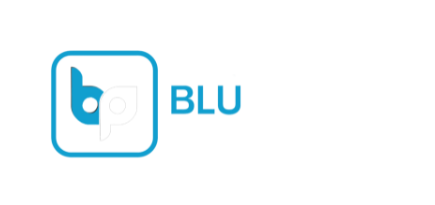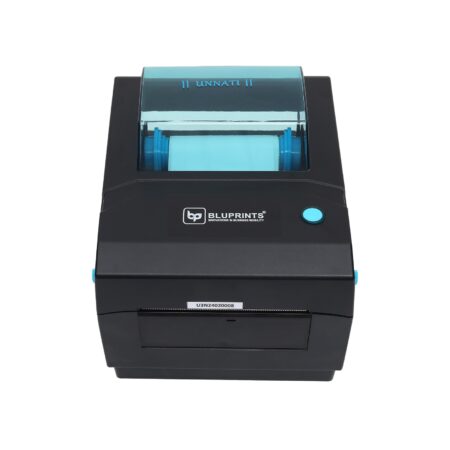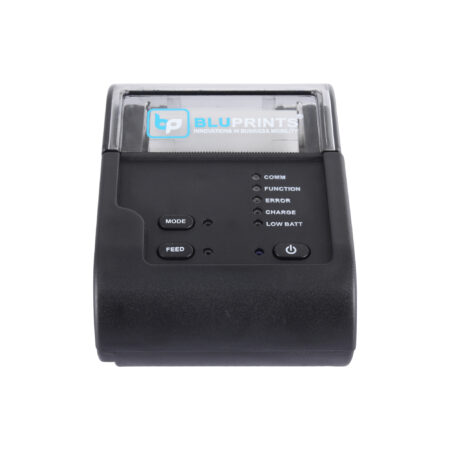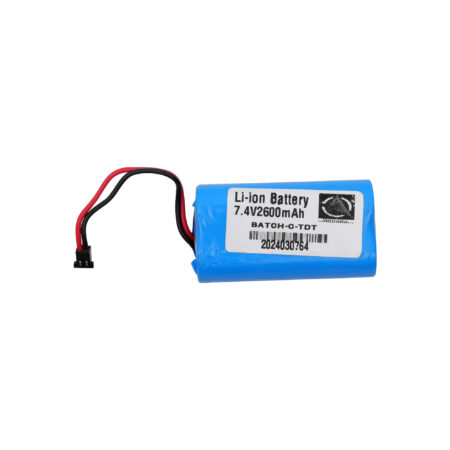Rx For Success :
Harnessing Label Printers in Hospitals and Labs
In the fast-paced environment of hospitals, accurate and efficient labeling is crucial for patient safety, specimen tracking, and overall operational effectiveness. This case study explores how the integration of label printers has significantly improved processes in healthcare settings, enhancing workflow efficiency, reducing errors, and ensuring compliance with regulatory standards.
The Solution :
To address these challenges, hospitals and pathology labs have adopted label printers equipped with advanced features such as barcode printing, RFID technology, and customizable label templates. By integrating these printers into their workflows, healthcare providers can generate clear, standardized labels for patient samples, medications, equipment, and medical records.
KEY FEATURES AND BENEFITS
Barcode Printing: Label printers enable the creation of labels with unique barcodes that can be scanned to quickly access patient information, track specimens, and prevent errors in medication administration.
RFID Technology: RFID-enabled labels allow for real-time tracking of medical equipment, specimens, and assets throughout the healthcare facility, improving inventory management and reducing loss.
Customizable Label Templates: Healthcare professionals can easily design and print customized labels with essential information such as patient names, dates, test codes, and handling instructions, ensuring clear and accurate communication.
Compliance with Regulatory Standards: Label printers help hospitals and
pathology labs comply with regulatory requirements by producing labels that meet industry standards for patient identification, specimen handling, and data security.
AT A GLANCE
Challenges
Hospitals and pathology labs often encounter challenges related to: Manual labeling processes, including
illegible handwriting, Mislabeling errors Delays in specimen identification. These issues not only jeopardize patient safety but also impede the speed and accuracy of diagnostic procedures.
Results and Conclusion :
By implementing label printers healthcare providers have experienced significant improvements in operational efficiency, patient safety, and data accuracy.
The adoption of these printers has led to:
- Reduced errors in specimen labeling and tracking, minimizing the risk of misdiagnosis and treatment delays.
- Streamlined workflows and faster turnaround times for diagnostic tests and procedures.
- Enhanced communication among healthcare teams, leading to improved coordination and patient care.
- Improved inventory management and asset tracking, optimizing resource utilization and reducing costs.
successful integration of label printers in hospitals and pathology labs demonstrates the transformative impact of technology on healthcare operations. By leveraging these advanced printing solutions, healthcare providers can enhance efficiency, accuracy, and compliance, ultimately improving patient outcomes and driving operational excellence in the healthcare industry.
“For over 7 years, we’ve been developing high technology and “relevant” Point of Sales and Barcode Printers and Systems for companies across FMCG, Retail, F&B, Healthcare, BFSI, ECommerce and Utilities.
Our mission is to provide companies with cutting-edge, rugged and cost effective products that Drive Efficiency and Growth “











Leave a comment